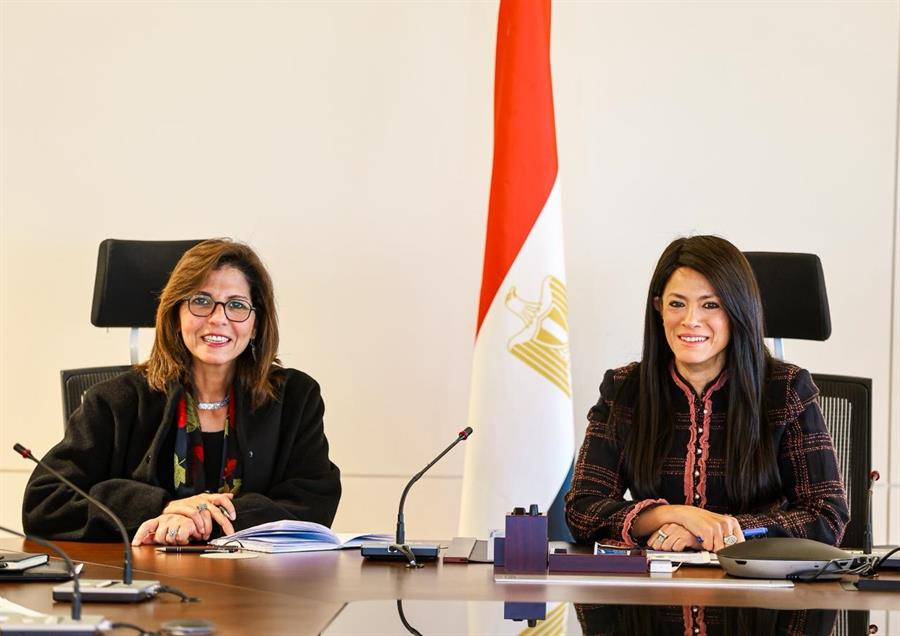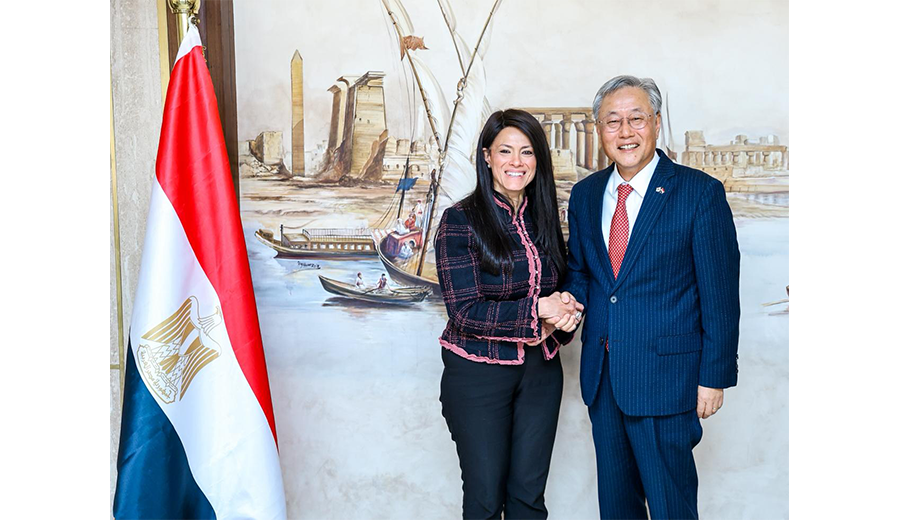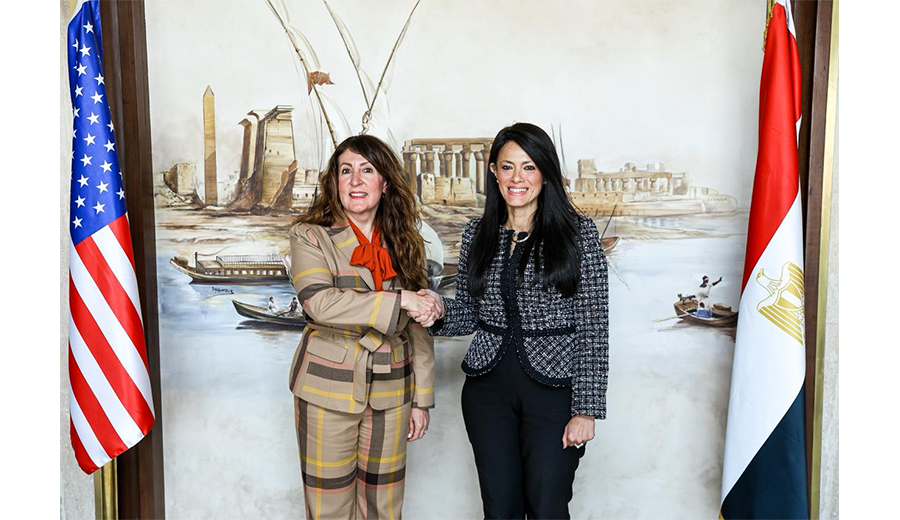During her participation in the Forum of the 50 Most Influential Women: Minister of Planning and Economic Development: Women in Egypt live nowadays their 'Golden Era'

30 November 2021
Dr. Hala El-Said, Minister of Planning and Economic Development, said that the Forum of the 50 Most Influential Women is an annual specialized platform that brings together women’s expertise and technocrats at the level of the Republic.She noted that the forum aims to increase women’s participation in comprehensive development, decision-making and enhance their role in shaping the economic and social future of the Egyptian state.This came during her speech at the Technocratic Women Summit –entitled (Towards a New Era) (Forum of the (50 Most Influential Women). El-Said pointed to a new and effective step that the forum adds to its series of activities by launching a marathon aimed at celebrating the successes of Egyptian women in recent years and the exceptional benefits that they have deservedly obtained.El-Said emphasized that we (Egyptians) are currently living in a golden age for Egyptian women, where women are receiving unprecedented attention and support from the political leadership.El-Said added that women's economic empowerment no longer includes only a social dimension or aims only to achieve gender equality, but rather has become an economic necessity to maximize the use of women's productive and creative energies to increase added value and achieve comprehensive and sustainable growth.In this context, Egypt is proud to be among the first countries that developed national visions to achieve sustainable development represented in Egypt Vision 2030, which was launched in February 2016.
The Egyptian state also approved the "National Strategy for the Empowerment of Women 2030", which confirms the serious direction of the state to achieve the economic, social, and political empowerment of Egyptian women.
El-Said pointed to the launch of the first gender-sensitive planning guide that places Egypt at the forefront of countries in the Middle East and North Africa region, which gives high priority to integrating the gender response plan into all development programs and plans.
El-Said also indicated that females represent 50.7% of the total workers in the state administrative apparatus, and Egypt scored its highest point in the pension and equal income index at 100%, and in the entrepreneurship and work environment index for women at 75%, in the indicator "Women, Business, and the Law" published by the World Bank.
El-Said highlighted the launch of the “Woman on Board” report, in cooperation with the Ministry of Planning and Economic Development, the National Council for Women, and the American University in Cairo. It is an annual report to monitor the number of women on boards of directors in institutions and companies and aims to increase women’s representation in decision-making centers.
El-Said added that in light of what the digital gender gap represents as one of the obstacles to achieving equality and women's economic empowerment, the National Institute for Governance and Sustainable Development (NIGSD) at the Ministry of Planning and Economic Development launched a national initiative entitled "It is for a digital future" that aims to train women and girls to read and write digitally.
El-Said added that, on the other hand, and at the national level, the allocations for social protection for women in the state’s general budget have witnessed a continuous increase, as EGP 202 million have been allocated to women’s health programs, and about EGP 19 billion to social protection programs such as the solidarity and dignity program and pensions, in addition to about EGP 179 million for health insurance for the breadwinner woman.
El-Said stressed that the Egyptian state is currently working on preparing and implementing a comprehensive implementation plan for the development of the Egyptian family, which includes two main dimensions: controlling population growth and improving the quality of life of citizens, such as education, health, job opportunities, and economic empowerment.









